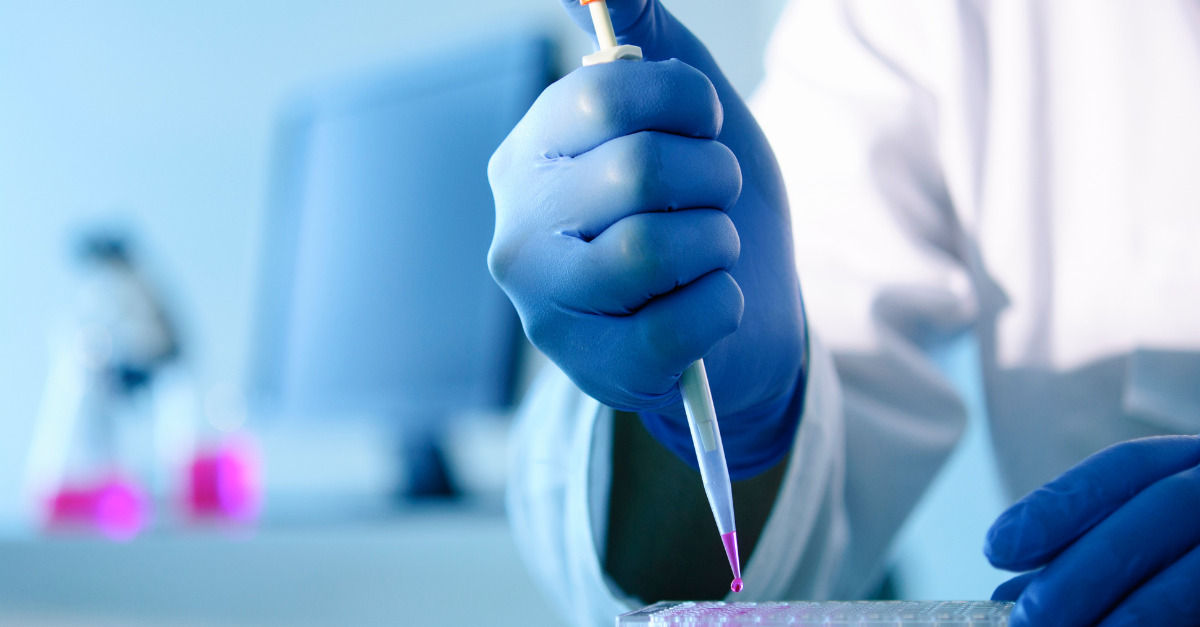Biologics and gene therapies hold enormous promise for treating complex diseases, but their success can be derailed by one critical challenge: immunogenicity. When the body’s immune system recognizes a therapeutic protein, viral vector, or other biologic component as “foreign,” it can mount an unwanted immune response. This may lead to reduced efficacy, adverse events, or even program-ending regulatory setbacks.
For sponsors developing innovative therapeutics, understanding and mitigating immunogenicity risk is not optional, it’s essential for progressing safely through the clinic.

Several factors contribute to immunogenicity risk in biologics and gene therapies:
Anticipating these factors early allows sponsors to design smarter development strategies.

At InfinixBio, we recommend a layered approach that integrates scientific rigor with regulatory awareness:
In a recent program, a sponsor developing an AAV-based therapy faced concerns about pre-existing immunity in their target patient population. By designing a customized immunogenicity testing strategy, including neutralizing antibody assays and cytokine profiling, our team identified subgroups of patients at higher risk.
These insights informed both inclusion/exclusion criteria and dosing strategy, helping the program advance to the clinic with a clearer risk profile and stronger regulatory support.
Our team brings deep expertise in bioanalytical assay development, immunogenicity testing, and regulatory strategy. With operational agility and end-to-end support, we partner with sponsors to design and execute immunogenicity strategies that de-risk development and accelerate progress toward the clinic.
Whether you’re developing a novel biologic or pioneering a gene therapy, InfinixBio provides the tools, insights, and experience to help you anticipate and mitigate immunogenicity risk.
Ready to strengthen your immunogenicity strategy?
Connect with InfinixBio today for a consultation and learn how we can help advance your program with confidence.
Our experienced lab team is here to help. Reach out today to learn more.